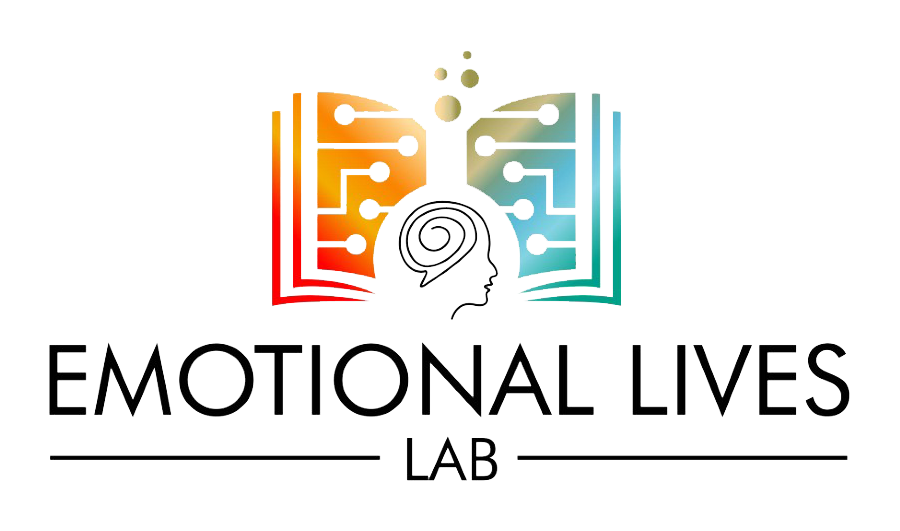About Our Research
Our research aims to understand how people differ in their experiences and regulation of emotions in day-to-day life and how these processes evolve with age. We investigate questions like: How do people differ in what makes them successful at regulating their emotions? What motivates people to engage with, or even manage, the emotions of those around them? How do life experience and wisdom gained over time influence how individuals perceive and handle their emotions?
To address these questions, we employ research methods that capture people’s day-to-day emotional experiences (e.g., experience sampling) and the contexts in which these emotions occur (e.g., passive sensing). We utilize advanced statistical techniques tailored to model complex data, such as multilevel modeling, dynamic structural equation modeling, and idiographic modeling.
By emphasizing and explicitly incorporating individual differences, and by working with participants from diverse backgrounds (e.g., in terms of cultural values or economic opportunities) we aim to ensure that our understanding of emotion and emotion regulation, as well as efforts to enhance emotional well-being, are sensitive to the full spectrum of human emotional experiences.
